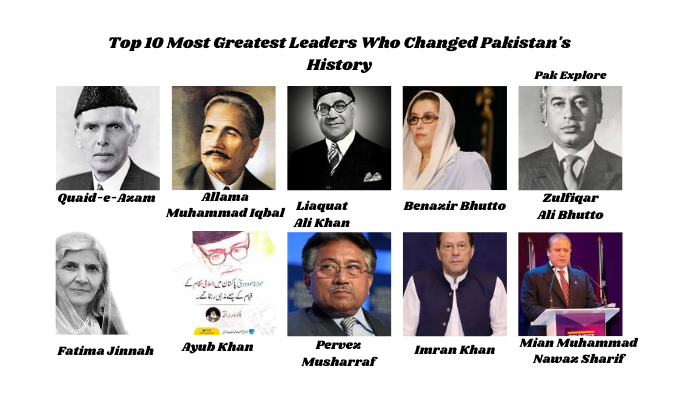Top 10 Most Greatest Leaders Who Changed Pakistan’s History
Introduction:
Pakistan’s history has been shaped by the visionary leadership of individuals who have not only influenced the course of the nation but also defined its identity on the global stage. From the inception of Pakistan in 1947 to its present-day achievements and challenges, certain leaders have left an indelible mark, steering the nation through pivotal moments. These leaders have inspired generations with their courage, foresight, and commitment to the welfare of their people.
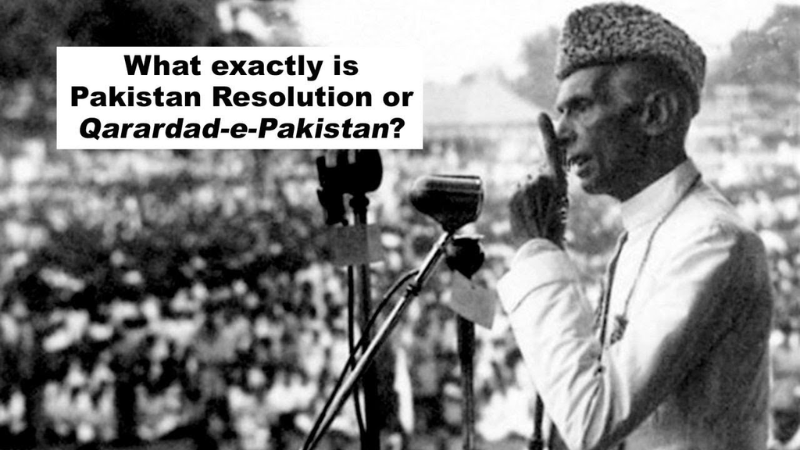
This list explores the lives and legacies of the Top 10 Greatest Leaders who have transformed Pakistan’s history, leaving behind a legacy that continues to resonate today. Each of them, in their own unique way, has played a key role in shaping the country’s political, social, and economic landscape, driving it toward progress and resilience.
Table of Contents
Top 10 Leaders of Pakistan:
The history of Pakistan is full of great leaders who played an important role in bringing this country into existence and on the path of development with their vision, sacrifices and leadership. The services of these leaders are prominent not only in the history of Pakistan but also in the history of the world. This article provides a comprehensive overview of the services and achievements of ten major leaders of Pakistan.
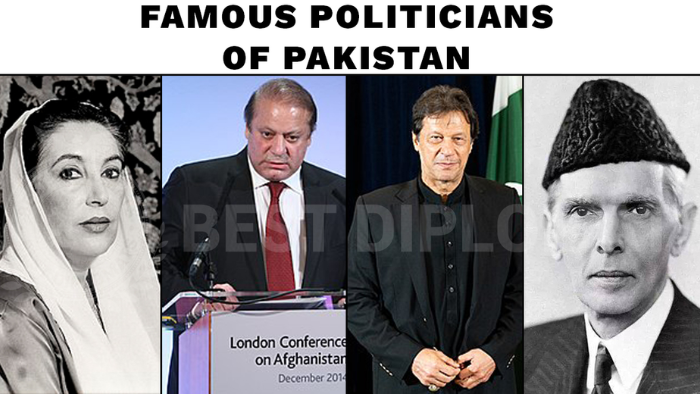
1.Quaid-e-Azam Muhammad Ali Jinnah
Quaid-e-Azam Muhammad Ali Jinnah is recognized as the architect of Pakistan. His leadership united the Muslims of the subcontinent and led them to a separate state. Muhammad Ali Jinnah’s legal expertise, political insight, and principled leadership gave birth to a strong movement for Muslim rights.
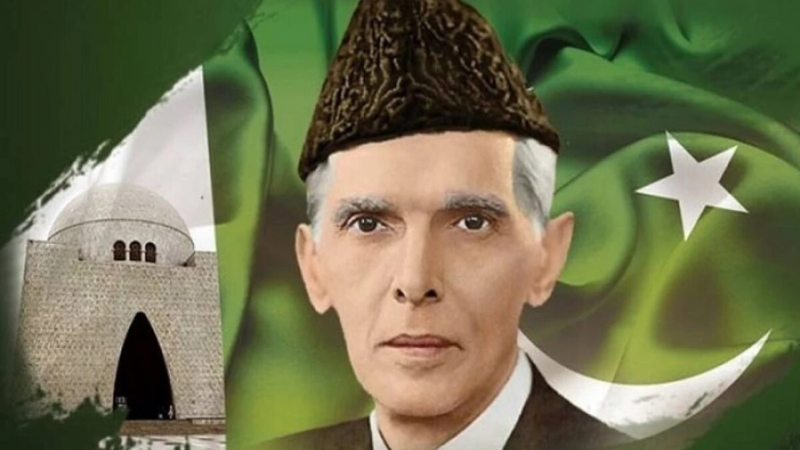
His famous principles of “faith, unity, organization” still provide guidance for Pakistan today. Under Jinnah’s leadership, Pakistan emerged on the world map on August 14, 1947. His selfless leadership not only gave Muslims a separate state but also gave them a separate identity globally.
2.Allama Muhammad Iqbal
Allama Muhammad Iqbal is revered as the spiritual father of Pakistan. He dreamed of a separate homeland for Muslims and emphasized the need for a Muslim state in his Allahabad Sermon in 1930.

Iqbal’s poetry created a longing for freedom and independence among Muslims. He taught Muslims to unite to protect their distinct civilization, culture, and religious identity. His poetry and philosophy are still a torch for reform and development in Pakistani society.
3.Liaquat Ali Khan
Liaquat Ali Khan, the first Prime Minister of Pakistan, was a wise and brave leader. He laid the foundation of constitutional and economic stability in the early days of the country.
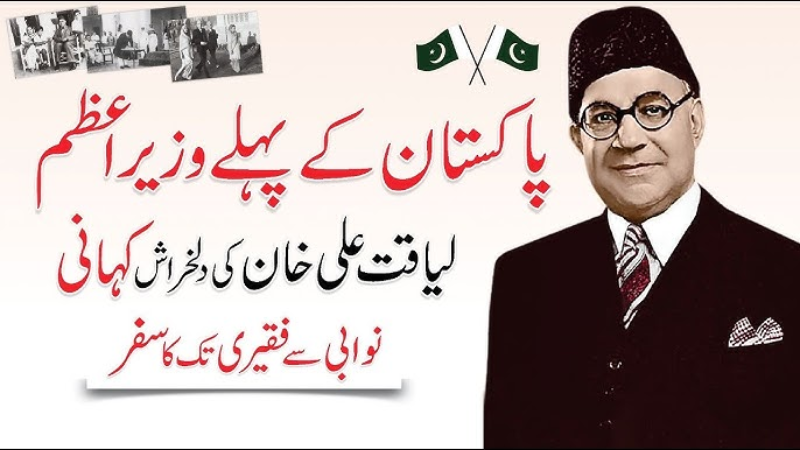
He took important steps for resettlement of refugees from India, formulation of foreign policy, and national defense. His martyrdom is a sad chapter in the history of Pakistan, but his services will always be remembered. Story of Pakistan First PM Liaquat Ali Khan
4.Benazir Bhutto
Benazir Bhutto was an important figure in the history of Pakistan. She was the first female Prime Minister of Pakistan and played a prominent role in politics. Her struggles and achievements proved to be a milestone for the development and rights of women not only in Pakistan but also around the world.
Important characteristics of Benazir Bhutto
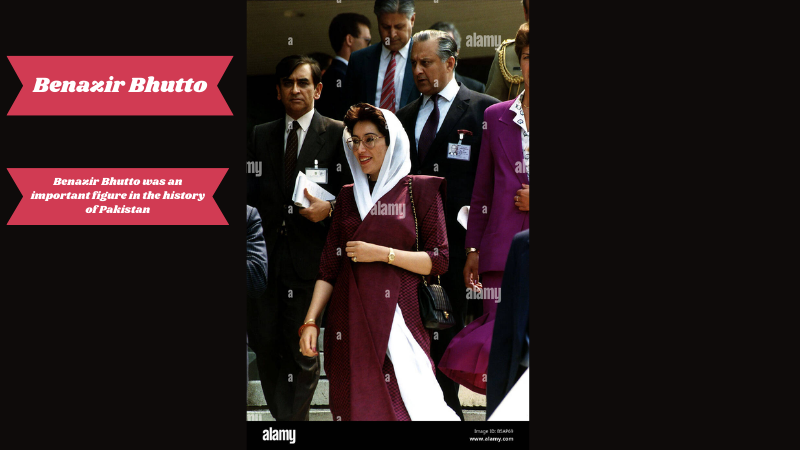
Protection of women’s rights
Benazir Bhutto took several steps for women’s rights, including reforms in the education and health sectors. She encouraged women to join politics and government and provided new opportunities for them.
Economic development
Under her leadership, Pakistan initiated several economic reforms and tried to increase foreign investment. During her tenure, efforts were made to overcome the energy crisis and attention was also paid to the development of infrastructure.
International relations
Benazir Bhutto worked to strengthen Pakistan’s relations internationally, especially emphasizing the improvement of relations with the United States and other developed countries.
Political Insight
Benazir Bhutto brought about major changes in the political landscape of Pakistan and continued her struggle for the consolidation of democracy in the country.
Role of Women in Politics
Her political struggle opened new doors for women around the world, and under her leadership, Pakistan proved that women can achieve success not only in politics but in any field.
Benazir Bhutto’s era was a milestone in the history of Pakistan, and her struggle is still remembered today.
5.Zulfiqar Ali Bhutto
Zulfikar Ali Bhutto was a charismatic leader and founder of public politics. He took over the leadership of Pakistan after the tragedy of 1971 and gave the country a new constitution.
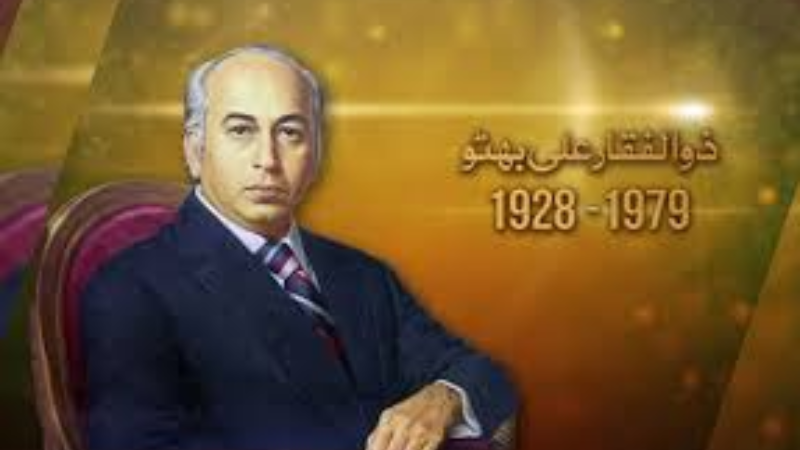
The 1973 Constitution, which remains the basic constitutional framework of Pakistan today, was a major achievement of the Bhutto regime. He laid the foundations of Pakistan’s nuclear program and made many reforms for the rights of poor people. His leadership played an important role in making Pakistan prominent on the world stage.
6.Fatima Jinnah
was an important figure in Pakistan and the sister of Quaid-e-Azam Muhammad Ali Jinnah. She was not only involved in the freedom struggle but also emerged as a strong and respected leader in the early political scene of Pakistan.
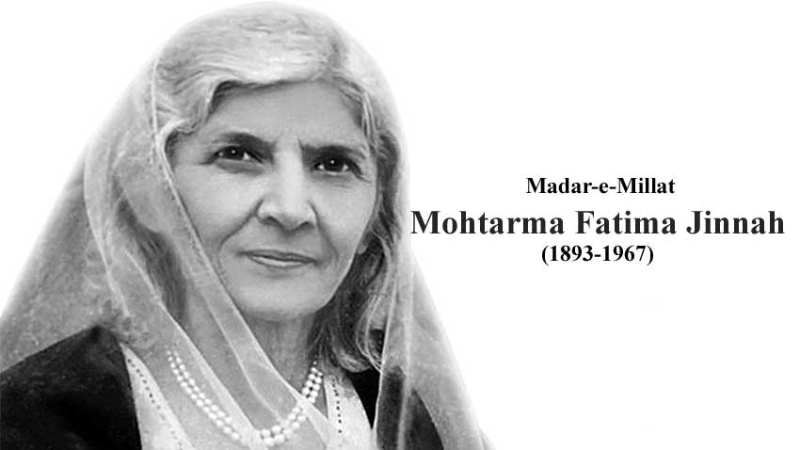
Key Features of Fatima Jinnah
Role in the Freedom Struggle: Fatima Jinnah spent most of her life in the freedom struggle of India. She not only supported her brother Muhammad Ali Jinnah, but also took the lead in encouraging women to join the freedom movement.
Work for Women’s Rights
Fatima Jinnah highlighted the importance of women’s rights and raised her voice in this regard at various forums. She especially spoke about equality and justice for the women of Pakistan.
Role in the early political scene of Pakistan
Fatima Jinnah remained active in political activities in the early days of Pakistan and raised her voice regarding women’s rights. In 1965, she contested the elections against President Ayub Khan and emerged on the political scene as a prominent opposition leader.
Support of Quaid-e-Azam
Fatima Jinnah worked with Quaid-e-Azam Muhammad Ali Jinnah for the establishment of Pakistan and played an important role in the Pakistan Movement. She always showed concern for Quaid-e-Azam health and stood by him at every step.
Sacrifice and Sacrifice
Fatima Jinnah’s life was an example of sacrifice and selflessness. She left her personal interests behind and served only the people of Pakistan.
Fatima Jinnah’s Historical Place
Fatima Jinnah was not only a brave leader but also a symbol who showed women that they also have an equal share in politics and nation-building. Her life is an example for the Pakistani nation and even today her services are looked upon with respect and honor.
Maulana Abu Kalam Maudie
was the founder of Jamaat-e-Islamic and a great Muslim thinker, reformer and leader who influenced the political and social life of Pakistan in the light of Islamic principles. His thought started a new political and social movement not only in Pakistan but also in the entire Muslim world.

Important characteristics of Maulana Maudie:
Islamic thought and politics:
Maulana Maudie highlighted the importance of Islamic social, economic and political system and talked about the formation of a new politics and government in Pakistan according to Islamic principles. His philosophy was that Islam should not be limited to the life of the individual but its principles should also be implemented in state affairs, economy and politics.
Establishment of Jamaat-e-Islami:
In 1941, Maulana Maudie founded Jamaat-e-Islamic. The aim of Jamaat-e-Islamic was to struggle for the establishment of an Islamic social and political system. Under his leadership, Jamaat-e-Islamic promoted Islamic politics in Pakistan and presented an Islamic perspective on various political issues.
The concept of the Islamic state:
Maulana Maudie clarified the concept of the Islamic state in his writings and speeches. He said that in an Islamic state, governance should be based on the principles of Sharia and all decisions should be made in accordance with Islamic law. This idea of his is still considered an important component of Islamic political thought.
Educational and intellectual contributions:
Maulana Maudie wrote many books, including “Islamic State”, “Jihad Fi Sabil Allah”, “Tafhimul Quran” and “Islamic Economy”. His writings and speeches provide an intellectual guide for Muslims and provide a basis for Islamic social reforms.
Defense of religious freedom and autonomy:
Maulana Maudie encouraged Muslims to protect their religious freedom and autonomy. He believed that Muslims should have the right to live according to their identity and principles, and his politics aimed to encourage Muslims to be proud of their religious and cultural heritage.
Maulana Maudie’s Historical Place:
Maulana Abu Kalam Maudie profoundly influenced the political and intellectual life of Pakistan. His thought presented a new horizon regarding Islamic politics, economy, and society, and his leadership made Jamaat-e-Islamic one of the major political parties of Pakistan. His work remains an important intellectual asset for Muslims today, and his teachings provide a guide for modern Muslim politics.
8.Pervez Musharraf
Pervez Musharraf took over the leadership of Pakistan in 1999 and introduced economic and educational reforms in the country. He promoted modern technology and focused on building the infrastructure of the country.
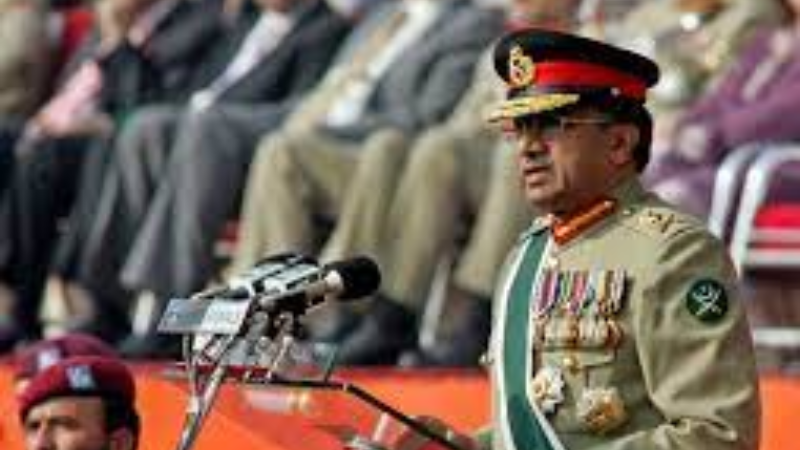
During Musharraf’s tenure, Pakistan played an important role in the global war against terrorism. His reign is remembered for economic growth and social change despite many controversial decisions.
9.Imran Khan
Imran Khan, a world-renowned cricketer and politician, founded Tehreek-e-Insaaf and raised the slogan of change in the country.
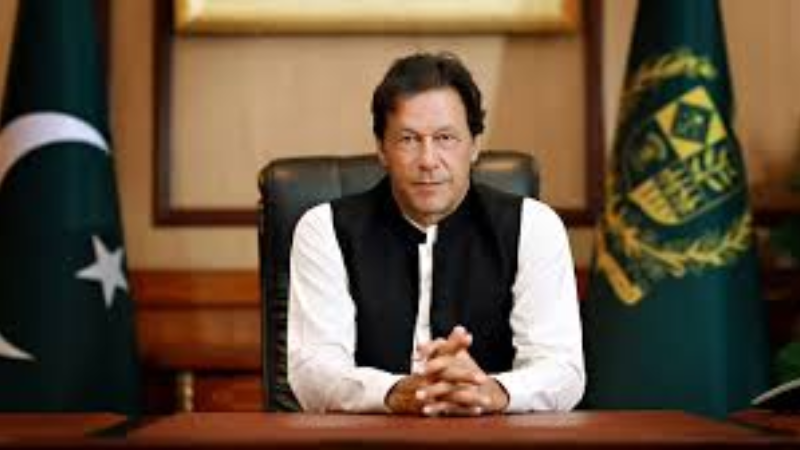
He campaigned against corruption and showed the people the dream of a new Pakistan. Under his leadership, the government made significant reforms in the fields of education, health, and social welfare. His mission was a Pakistan with equal opportunities for justice and development.
10.Mian Muhammad Nawaz Sharif
Mian Muhammad Nawaz Sharif is an important and influential politician of Pakistan who brought about significant changes in the politics of Pakistan and led his country as Prime Minister three times. His tenure was a period of significant developments in Pakistan’s economy and international relations.

Key features of Mian Muhammad Nawaz Sharif:
Economic reforms:
Nawaz Sharif introduced several important reforms to improve Pakistan’s economy. During his tenure, the privatization process was accelerated, large enterprises were transferred to private ownership, and various measures were taken to develop the country’s industry. His government focused especially on strengthening infrastructure, the energy sector, and trade relations.
Launch of the nuclear program:
Nawaz Sharif took decisive steps to complete Pakistan’s nuclear program in 1998, after which Pakistan achieved the honor of becoming a nuclear power. This decision established an important place in Pakistan’s global politics.
International relations:
Nawaz Sharif took important steps to strengthen Pakistan’s international relations during his tenure. He improved relations with countries like the United States, China, and Saudi Arabia and tried to strengthen Pakistan’s position on the global stage.
Political stability and support for democracy:
Nawaz Sharif’s government took several steps to bring political stability to Pakistan. He tried to strengthen the country’s democratic institutions and create a balance in civil-military relations. His government emphasized media freedom and support for democracy.
Pakistan’s journey towards economic development:
Nawaz Sharif launched several important economic projects to put Pakistan on the path of economic development. During his tenure, investments were made in roads, bridges, and other infrastructure projects, which improved the country’s economic condition.
Historical place of Mian Muhammad Nawaz Sharif:
Mian Nawaz Sharif served as the Prime Minister of Pakistan in three different periods and under his leadership, Pakistan took many development initiatives. His government policies helped the country achieve economic stability and increase Pakistan’s importance on the global stage. His tenure holds an important place in the political and economic history of Pakistan.
Conclusion:
These ten great leaders of Pakistan are a bright chapter in the history of our country. Their sacrifices, services, and leadership not only made the existence of Pakistan possible but also provided the foundations for its development. It is our responsibility to remember the struggles and sacrifices of these leaders and follow their principles.
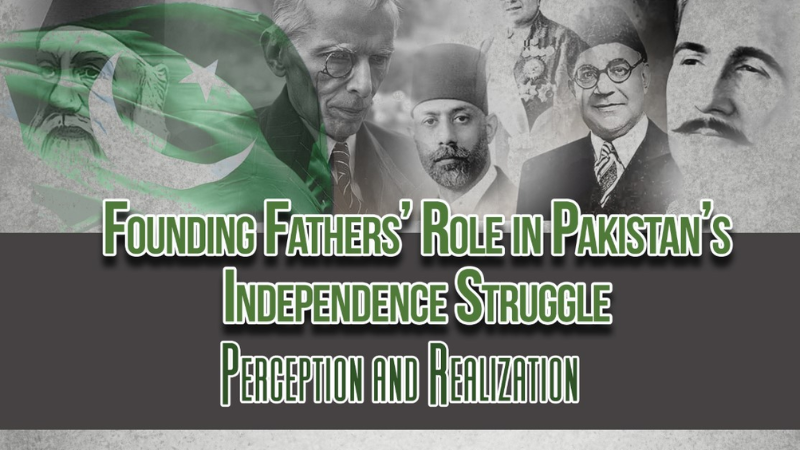
These leaders are beacons for Pakistan and their services are instructive for future generations. We should follow their footsteps and strive to make Pakistan a strong, prosperous and developed country.
———————
you may also like.
